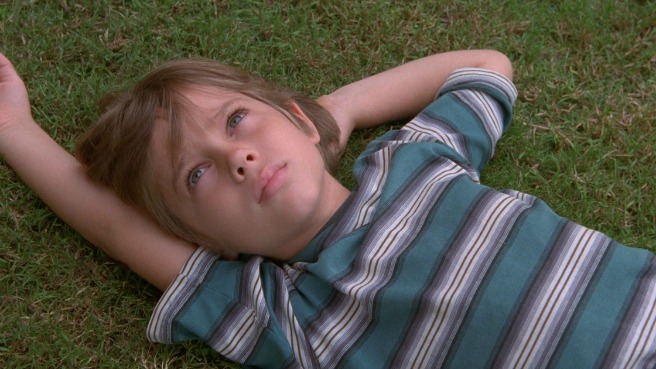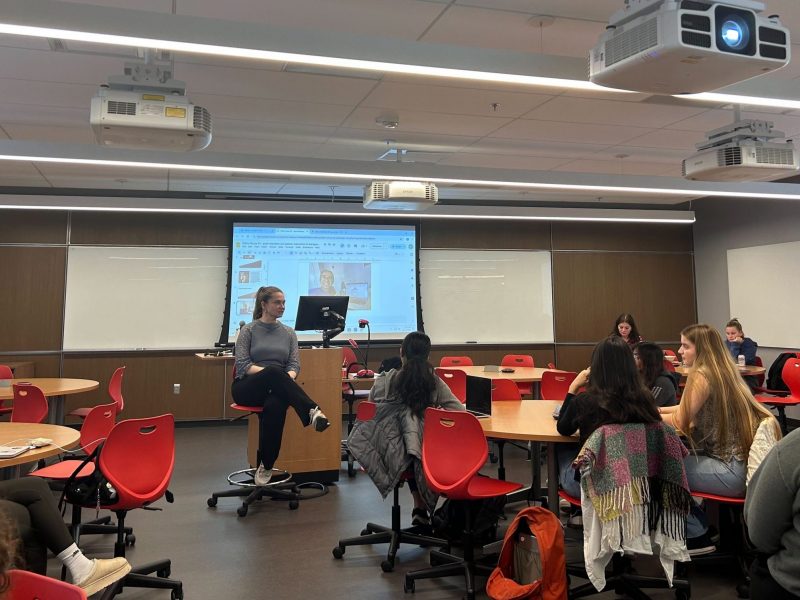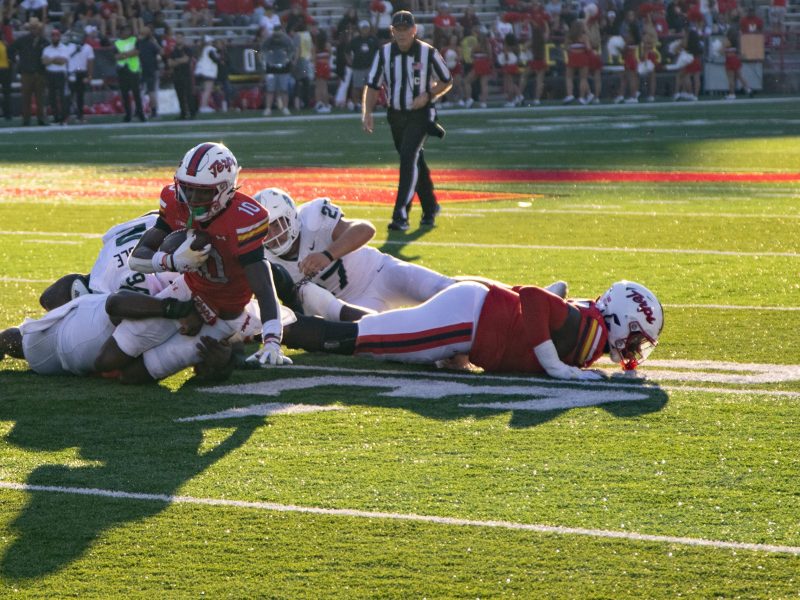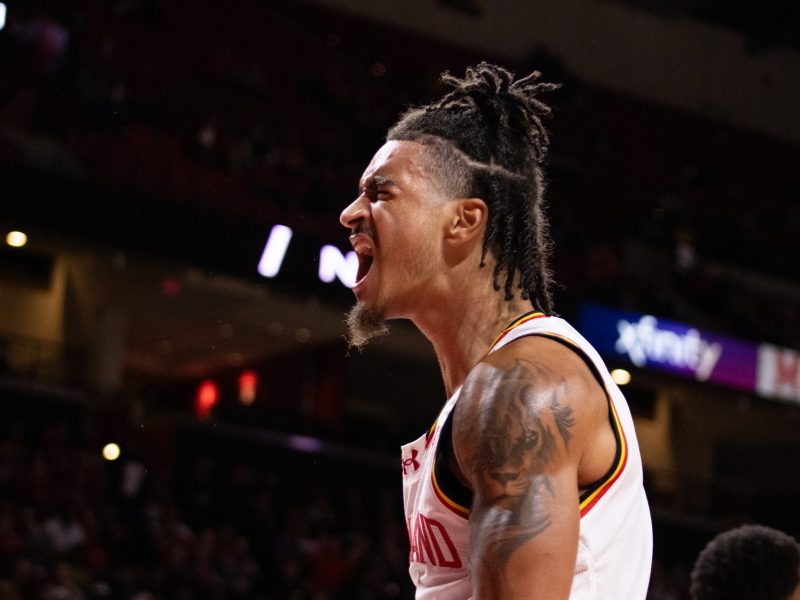
Boyhood
Boyhood has such an irresistible hook that even the worst possible version of the film would have stoked the curiosities of cinephiles everywhere.
Writer and director Richard Linklater (Before Midnight) has spent the past 12 years filming the story of a boy, Mason Jr., (Ellar Coltrane), growing up. It’s like the Harry Potter films but all at once; the Up Series but fictionalized; François Truffaut’s Antoine Doinel as one long story.
In the wrong hands, Boyhood could have been a maudlin disaster. The urge to overindulge sentimentality or stage Mason Jr.’s coming of age around cliched rites of passage would have robbed Boyhood of the inherent power and impact of watching someone age on screen.
It’s a testament to Linklater’s formidable skill, then, that Boyhood never feels particularly forced or movie-like. Instead, Linklater is content to observe Mason Jr. simply grow up. Where precisely the fiction of Boyhood ends and Coltrane’s own adolescence begins is left tantalizingly vague.
Of course, all of the performances are fantastic. The actors bounce off one another with a lived-in quality impossible to fake. These are definitely people who’ve been working together for more than a decade.
Boyhood’s story, thin as it is, can be boiled down as follows: Mason Jr.’s mom (Patricia Arquette, Electric Slide) and dad (Ethan Hawke, Getaway) split. Stuff ensues. Boyhood is a film that, in the best way possible, dispenses with unnecessary structure or organization.
The film unfolds at its own pace without much regard for pace or standard movie things. The approach here is not so dissimilar from Linklater’s Slacker or Dazed and Confused, but the epic scope of Boyhood enables the film to develop its own peculiar rhythms and motifs as it progresses.
The movie’s brief dalliances with contrivance — namely Arquette’s carousel of alcoholic, asshole boyfriends — do momentarily break the illusion but never to any serious degree.
Much like its main character, Boyhood has an amazing amount of resilience. The film’s shaggy, amicable wavelength never bores for a single minute of its nearly three-hour run time. In fact, I could have probably watched another three hours of Boyhood right away.
Miraculously, Boyhood proves itself to be worthy of its insanely ambitious premise. It’s at once tender, funny, insightful, intelligent and indescribably moving. After all these years, Linklater has finally lived up the promise of the one-two punch of Slacker and Dazed and Confused.
Boyhood is simply an out-and-out masterpiece, a film for the ages not to be missed by even the most remotely curious moviegoer.



